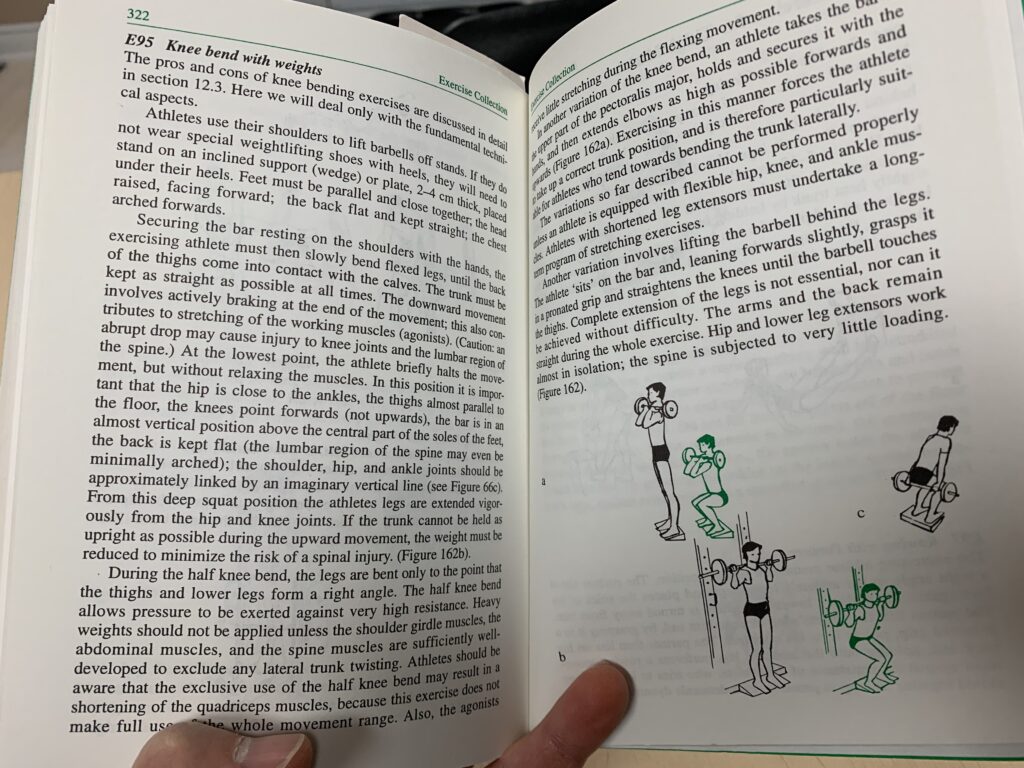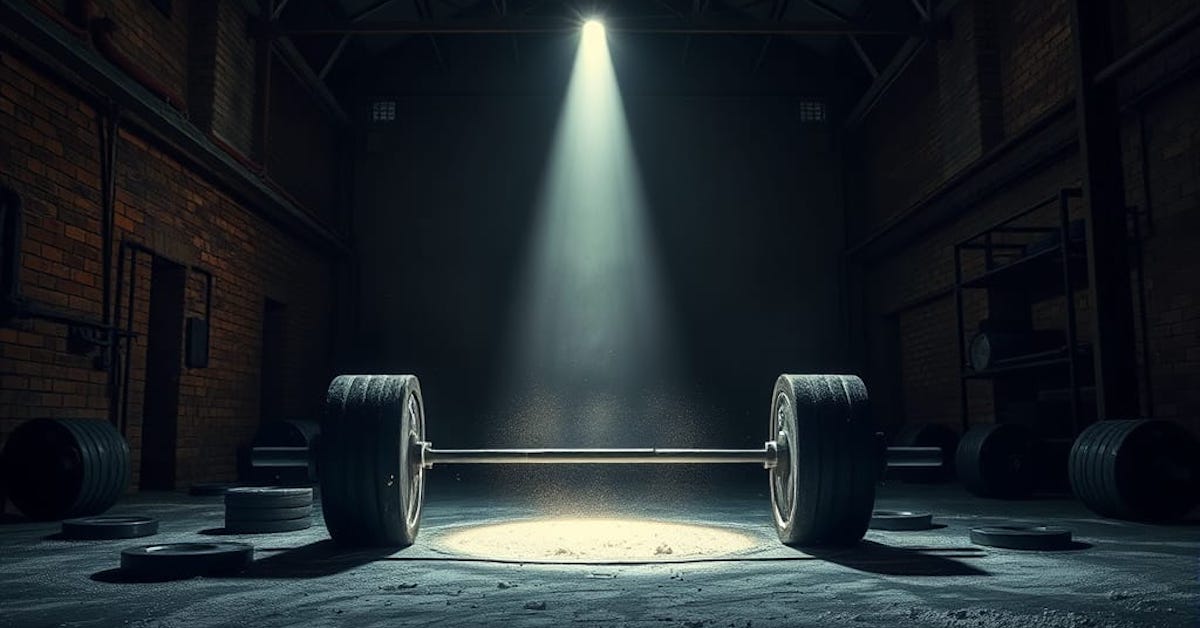In a world obsessed with novelty, we often forget the power of repetition. Whether it’s reading or training, mastery doesn’t come from dabbling—it comes from deep, deliberate practice. If you want real results, stop chasing quantity and start refining quality.
Reread the Greats—Don’t Waste Time on Fluff
Karl Popper once said, “Anything worth reading is not only worth reading twice, but worth reading again and again.” That’s not just poetic—it’s practical.
The best books reveal new layers every time you revisit them. As you grow, your perspective changes, and suddenly a sentence that once went unnoticed strikes with new meaning.
Writers like James Clear, Charles Chu, David Cain, and Nassim Taleb echo this truth: rereading is how ideas stick, evolve, and transform you. It’s not about how many books you’ve read—it’s about how many you’ve absorbed.
I recently reread Fitness and Strength Training for All Sports by Hartmann and Tunnemann. Published in 1995, it remains one of the most technically sound resources in the field. Every pass through that book reveals something new—because I’m not the same reader I was last year.
Squat Like You Mean It—It’s a Knee Bend, Not a Hip Hinge
Just like rereading great books, mastering the squat means doing it right—over and over again. Hartmann and Tunnemann refer to it as a “knee bend” for a reason.
A proper squat demands maximum knee flexion with minimal trunk lean. That’s how you load the legs, not the lower back. Too many lifters turn squats into glorified good mornings—barely bending the knees and tipping forward like a seesaw. That’s not a squat. That’s a shortcut to poor leg development and possible injury.

If you want real strength, longevity, and resilience, treat the squat the way Bruce Lee treated his practice:
“I fear not the man who has practiced 10,000 kicks once, but I fear the man who has practiced one kick 10,000 times.”
Apply that mindset to your training. Master the squat. Then repeat it 10,000 times.
The Takeaway
- Reread great books. They evolve with you.
- Relearn great movements. They reward precision.
- Stop wasting time on fluff—in your library or your workouts.
Mastery is repetitive. It’s often boring. But that’s exactly why it works—and why most people never achieve it.
If you’re serious about results, embrace the repetition. That’s where the gold is.

Gym Motivation: Find Your Fire
What motivates you during a workout? When you’re about to get under a bar stacked with 45s that can staple

Find Tranquility in Chaos: Dr. Fred Hui’s New Book & Exclusive Seminar
Back in June of last year, I had the honour of reviewing a manuscript by Dr. Fred Hui. I was

Strength Is More Than Muscle
Testosterone is often linked to aggression, but probably not in the way you think. In reality, low testosterone can lead
follow
Error: No feed with the ID 2 found.
Please go to the Instagram Feed settings page to create a feed.
